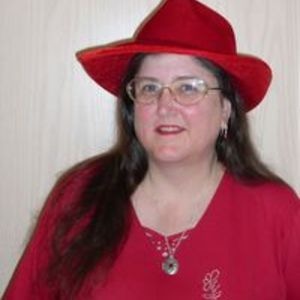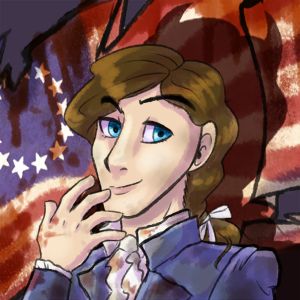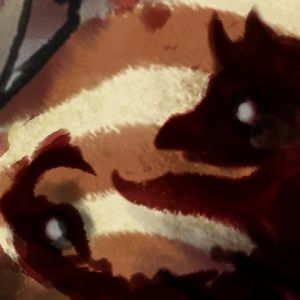Luke’s second note to the reader
Regarding 1760 and later
I can’t define my identity without looking back to the shame and embarrassment of the day I found out I wasn’t the center of creation. Do children naturally see themselves as important and special, or does something instill that feeling in them? Whichever is the case generally, I know that for me, a birthday on December 25 overshadowed everything. On my fifth birthday, my father made it clear with slaps on my face and rear and stern rebukes that I was not special, after all. I had made a horrible and ridiculous mistake—more than made a mistake, committed an outrage that threatened to bring the wrath of God down on everyone. To my young mind, it felt as if I myself was called the mistake. Could it possibly be true?
My mother had promised we would dance when we got home from church that day; I had looked forward to the dancing when I was bursting with happy energy over being alive, having my birthday, and being me. But after Father’s revelation that separated me from the center of Christmas, I felt drained. I couldn’t bring myself to celebrate at all. I wished I were someone else. Who, I didn’t know, but I couldn’t seem to huddle into a small enough corner as everyone else, adults and children alike, danced around the Christmas tree without me. I watched them, my eyes brimming with tears.
“Luke…” said a quiet, strained voice, somewhere by my left side. At first I didn’t know who addressed me. Then I smelled a familiar perfume and looked up to see my mother. Her face was red again. I turned toward the wall, overwhelmed by her embarrassment, when I heard her sniff. I peeked back around. Her own blue eyes shown with tears, too. Mother was weeping!
She glided toward me, her green velvet dress shifting back and forth like a large bell that made no sound. My stomach tightened. I wasn’t sure what emotion I was feeling. She leaned toward me. “Oh, Luke! Poor child!” She laid a soft hand on mine, but whether her tears were from pity or shame, I couldn’t be certain. It was she, after all, who had told me to be quiet in “God’s house.” I had forgotten all about her command when I pointed at the wooden baby in the manger and shouted that it was me. My face grew hot at the memory.
She leaned toward me; she couldn't sit down because of the hoops that made her skirt so bell-like. I didn’t have the words to say what I felt, so I said nothing. I dried my eyes and watched the other children squeal over their presents. I heard the clink of glasses as the servants toasted with their wine in the kitchen. It all went on, I now knew, not because of me but because of someone I couldn’t even see. My birthday was an inconvenience in the midst of the huge celebration that was Christ’s birthday; my day, my personhood, was swallowed up in his. Mother, too, was silent and didn’t comfort me. Could things be any worse?
A group of children, including some of my brothers and sisters, stood eating sweets. One whispered words I couldn’t make out. They all glanced my way and snickered. I felt as if I had been shot. Things had just grown worse.
Mother went along with Father in assuring I would never make such an embarrassing outburst again. Both kept a careful watch over me from that day further, allowing me to join in the church liturgy and hymns, but not to speak an original word of my own within the building. The change in my behavior neared the miraculous in their eyes. Mother beamed at me as I sat as still as if I had been tied to the pew or stood as stiff as a board when we all stood, taking part in the unison rituals without complaint. She didn’t comment that I went through the motions joylessly, empty of the passion I had possessed when I was still important. She didn’t know my good behavior stemmed from the fear of further public shame.
The other children—egad! Their keen awareness of the stern and demeaning glances of their parents toward me permitted them the cruelest verbal and even physical attacks. “Think you’re Jesus, do you?” boys taunted. “You’re the biggest dunce in town!”
I had always been praised for both my precocious intelligence and my surprising spirituality—until now. The other children proclaimed that my family had been entirely wrong about me. Their insults struck me more deeply than blows or rocks thrown my way.
Younger than most, I was too week to defend myself against physical attacks from the older ones. Even girls grew bold enough to spit in my face, calling me names like “heretic” and “idiot.” I soon learned that any attempt to defend myself just added to my fallen reputation. No longer the darling of the neighborhood, I questioned who I was. I learned early to curse the God who had made me.











Comments (0)
See all